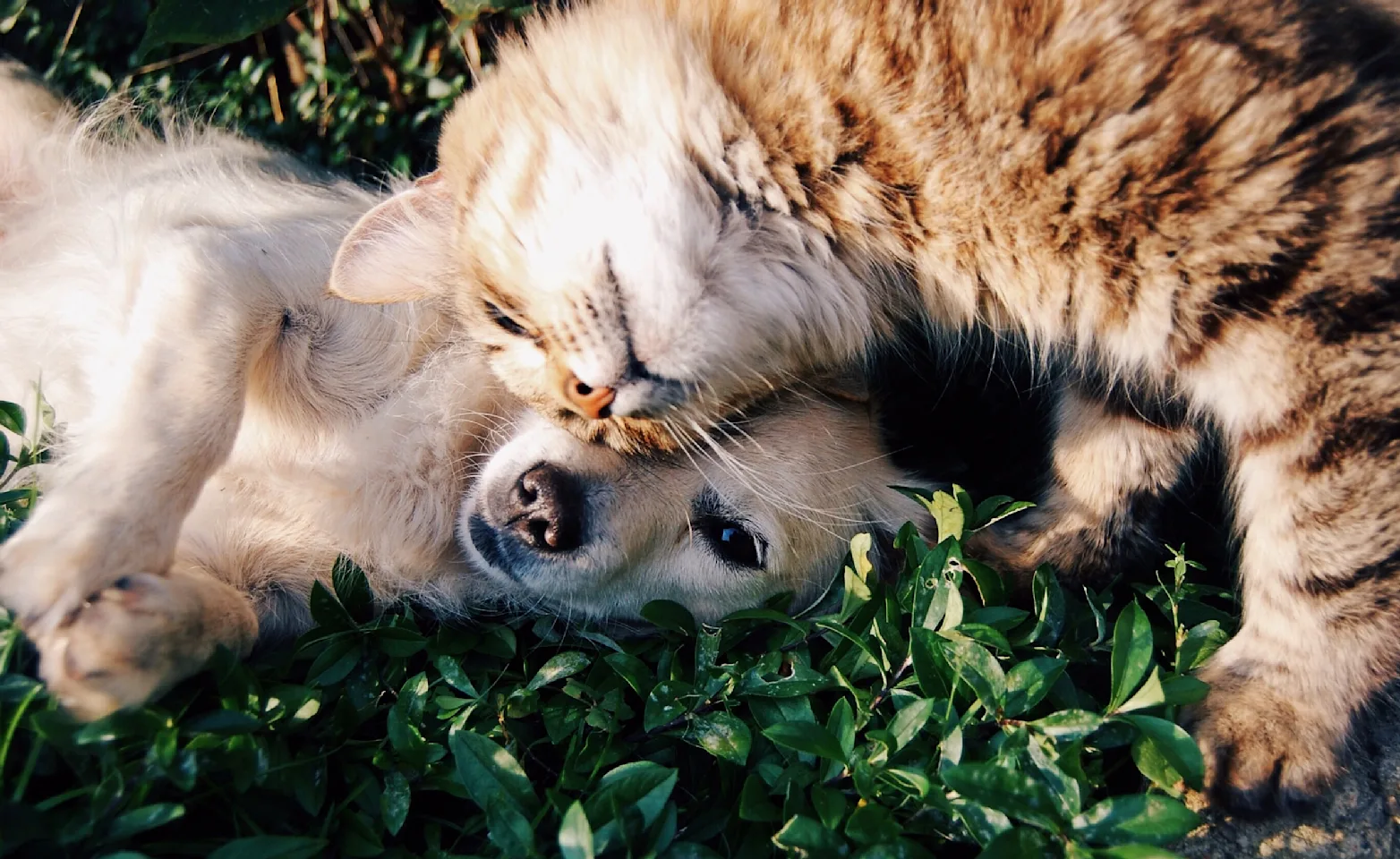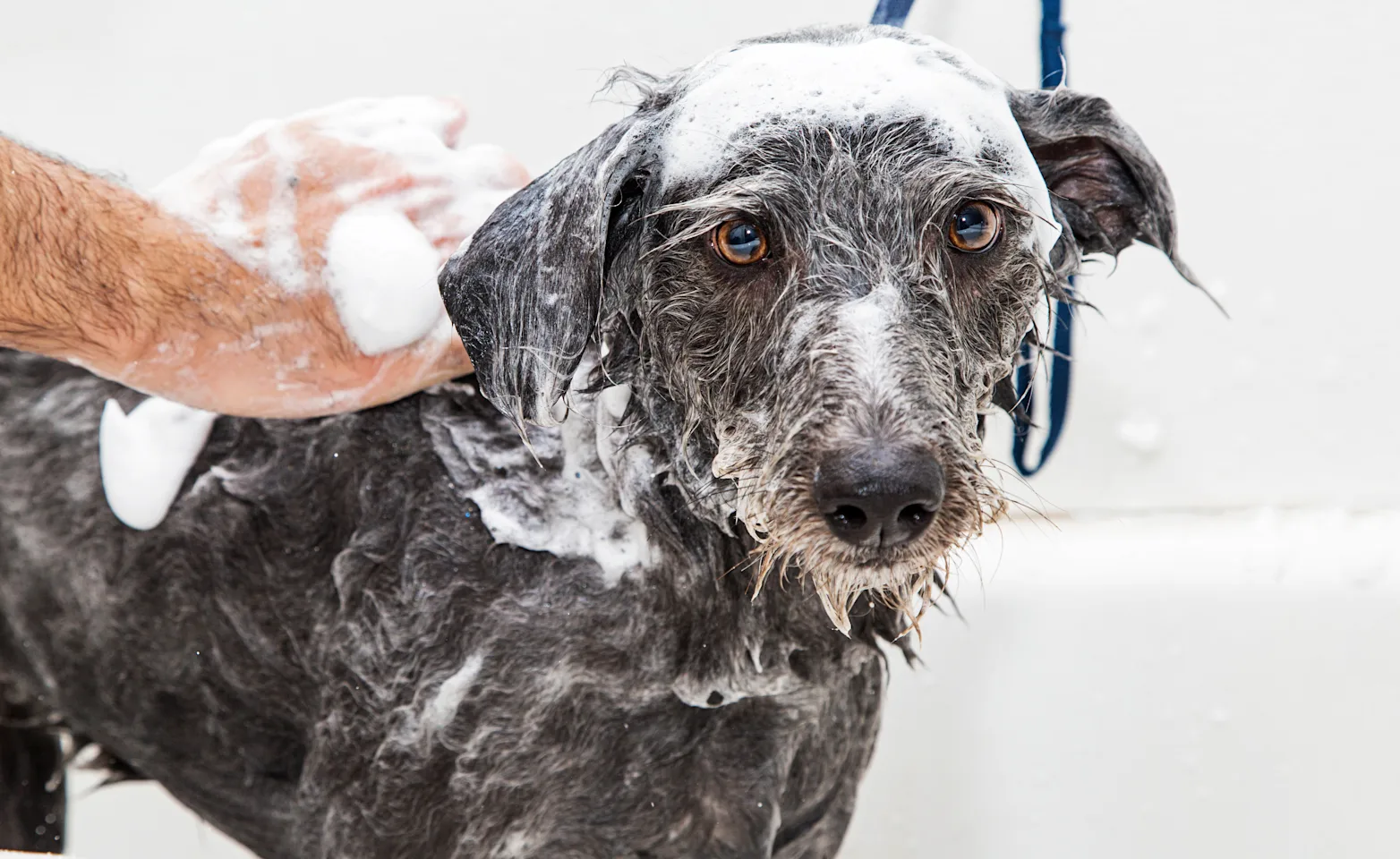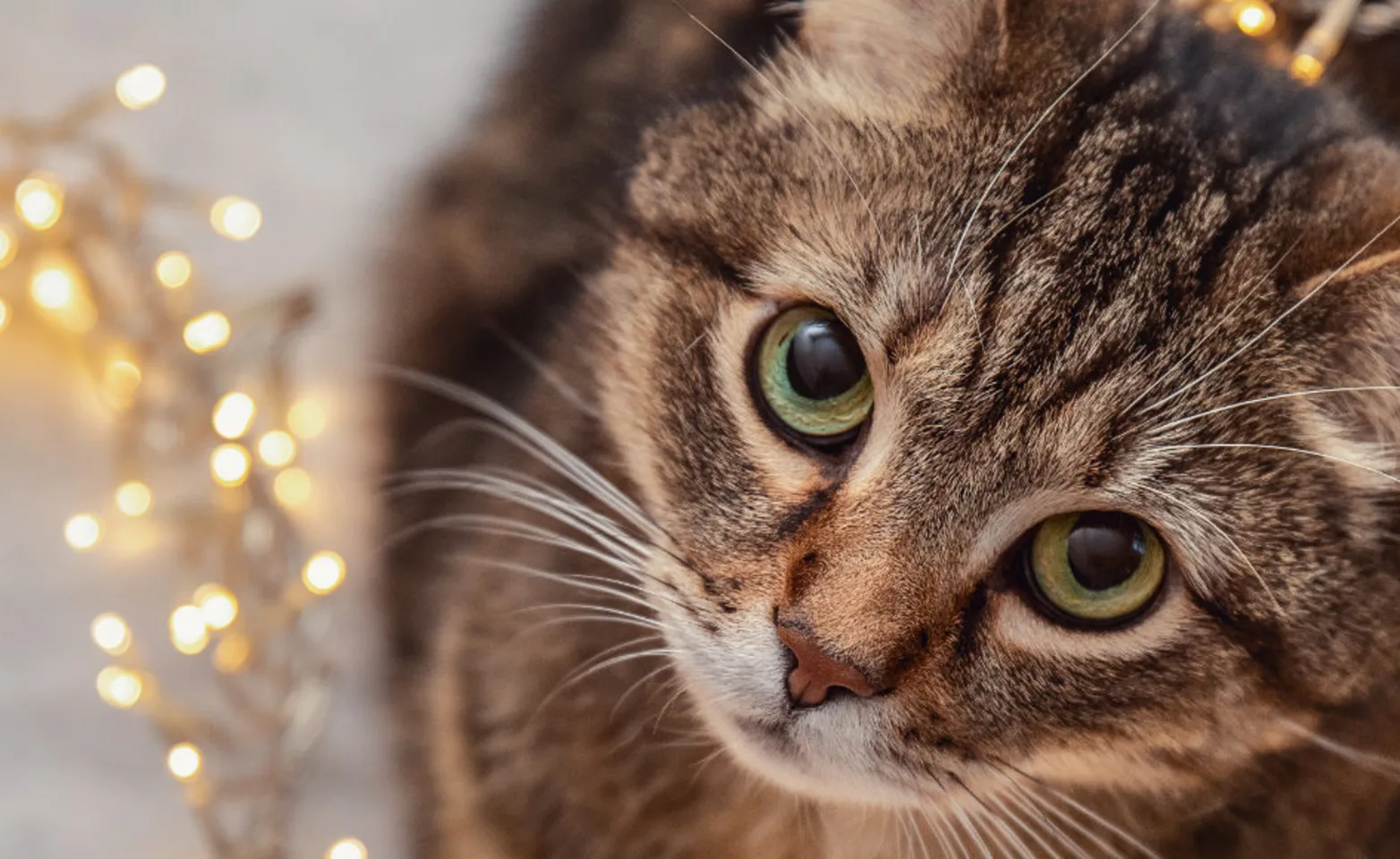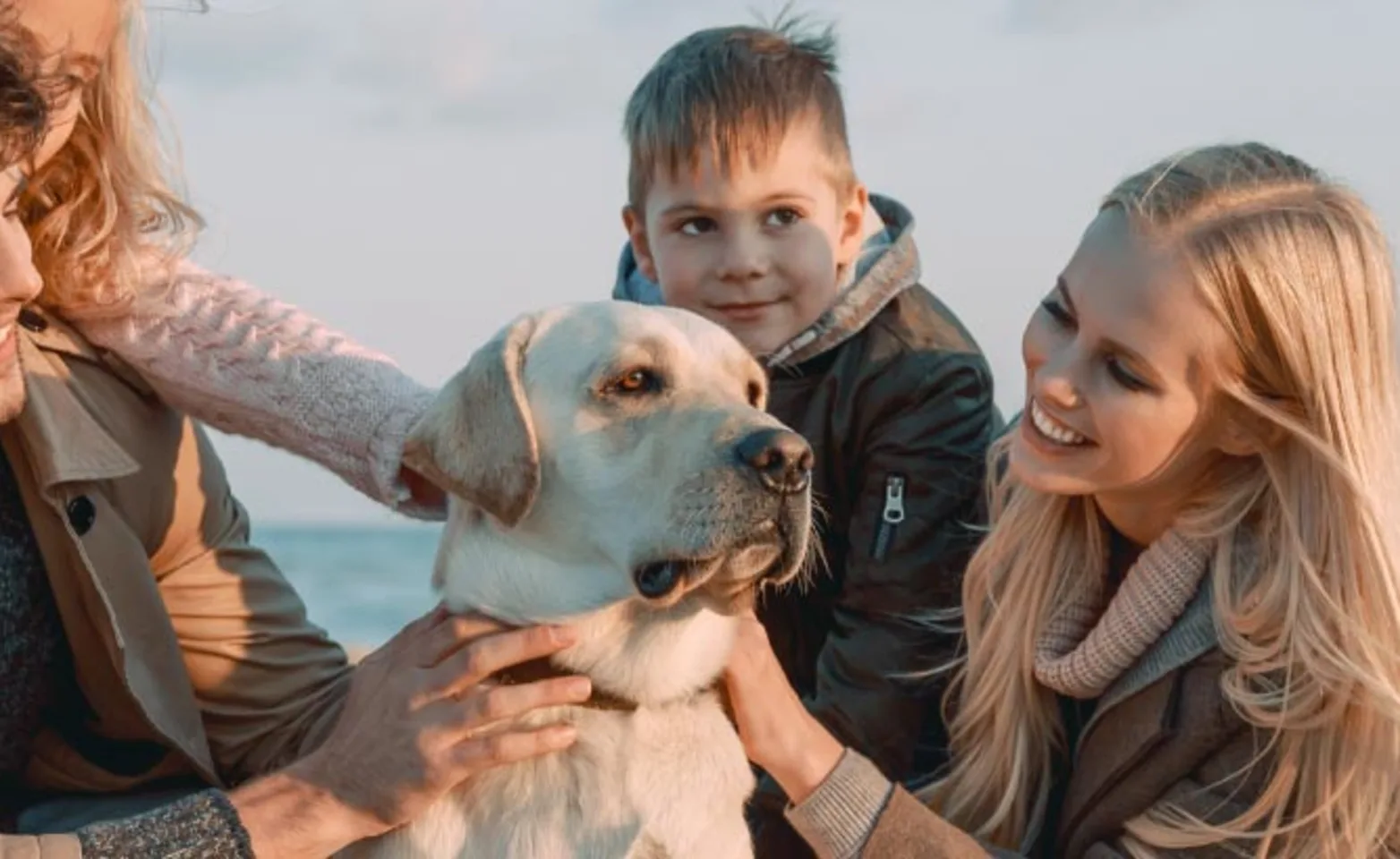Valley Veterinary Hospital

Frequently Asked Questions

1. What are the Hospital hours?
Our south office is open Monday - Friday from 8:00am to 6:00pm. On Saturdays the office is open from 8:00am until noon. The clinic is closed on Sunday.
2. Do I need to have an appointment?
Yes, patients are seen by appointment.
3. What forms of payment do you accept?
Cash, Check, Mastercard, Visa, American Express, Discover and Care Credit

4. Can I make payments?
Payment is required at the time of service.
5. At what age can I have my pet spayed or neutered?
Spaying or neutering can be done at approximately 6 months of age. Your pet is given an exam prior to surgery to help determine whether your pet is healthy enough to undergo the surgical procedure. Current vaccinations are required at the time of surgery. Also, a pre-anesthetic blood screen is recommended prior to undergoing anesthesia and surgery.
6. What is the pre-anesthetic blood screening?
This is a blood test that is run here in the clinic prior to surgery. It tests the organ functions, blood counts and clotting function of your pet. The pre-anesthetic blood screening is done to assure safety during surgery and the ability to heal following surgery.

7. How long do the sutures stay in after my pet's surgery?
Procedures involving sutures require them to be removed in 14 days following the surgery.
8. Is it a good idea to let my pet have at least one litter?
No, there is no advantage to letting your pet have one litter. However there are plenty of advantages to having you pet spayed or neutered. These advantages include decreasing the chances of breast tumors later in life, decreasing the chance of cystic ovaries and uterine infections later in life, decreasing the desire to roam the neighborhood, decreasing the incidence of prostate cancer later in life, helping prevent spraying and marking, and also decreases the surplus of unwanted puppies and kittens.
9. Do you board pets?
No, we do not currently board pets

Is the anesthetic safe?
Today's modern anesthetic monitors, used during surgery, have made surgery much safer than in the past. Here at Valley Veterinary Hospital, we perform a thorough physical exam on your pet and run preanesthetic blood tests prior to any procedure requiring general anesthesia. Preanesthetic blood testing is important in reducing the risk of anesthesia. Pre-anesthetic blood tests give us information regarding the health and function of the kidneys and liver as well as other important parameter results, which will help us determine the anesthetic protocol we will choose for your pet. Even apparently healthy animals can have serious organ system issues that may not be detected without blood testing. Animals that have minor organ dysfunction will handle the anesthetic better if they receive IV fluids during surgery. If serious problems are detected, surgery may be postponed until the problem is corrected.
We offer in-house blood testing before surgery, which we will go over with you when you bring your pet in. For geriatric or ill pets, additional blood tests, electrocardiograms, or x-rays may be required before surgery as well.
It is important that surgery be done on an empty stomach to reduce the risk of vomiting during and after anesthesia. You will need to withhold food for at least 8 to 10 hours before surgery. Water can be left down for the pet until the morning of surgery.

Will my pet have stitches?
For many surgeries, we use absorbable sutures, which are placed under the skin. These will dissolve on their own and do not need to be removed later. Some surgeries do require skin sutures or staples that will need to be removed. With any type of closure, you will need to keep an eye on the incision for swelling or discharge. Most dogs and cats do not lick excessively or chew at the incision, but this is an occasional problem you will also need to watch for. If there are skin sutures or staples, these will usually need to be removed 10 to 14 days after surgery. You will also need to limit your pet's activity level for a time and no baths are allowed until the surgical site is completely healed. When you pick your pet up after surgery, one of our staff members will discuss your pets complete post surgical home care with you.
Will my pet be in pain?
Anything that causes pain in people can be expected to cause pain in animals. While many pets don't show obvious signs of pain, such as whining or crying out, this does not mean they are not painful. Pain medications needed will depend on the surgery performed and will be prescribed at the Dr's discretion. Major procedures may require more pain relief but every pet is different and will have different needs. While we do everything we can to ensure your pet will have a successful and comfortable recovery, you know your pet best and we rely on you to let us know if you have any concerns about your pet's comfort while healing.
For dogs, we utilize both narcotics and non steroidal anti-inflammatory agents. The type and dosage used will be determined based on the procedure and your pet's history. Because cats do not tolerate standard pain medications, we are limited in what we can give them. Recent advances in pain medications have allowed for better pain control in cats than ever before. Pain medication is given on a case by case basis. Any animal that appears painful will receive additional pain medication.

What other decisions do I need to make?
With your pet under anesthesia, it may be the ideal time to perform other minor procedures such as ear cleaning, microchip implantation, nail trims etc. While these extra requests can be done in conjunction with most procedures, it important that you know that some of these cannot be safely combined with some surgeries and we may decline to do them in the same visit. If you would like to request an additional service, or would like an estimate for adding an additional service to a scheduled surgery or procedure, please let us know ahead of time. This is especially important if the person dropping your pet off for surgery is not the primary decision maker for the pet's care.
When you bring your pet in for surgery, we will need to 5 to 10 minutes of time to fill out paperwork and make decisions on the blood testing and other options available. When you pick up your pet after surgery you can also plan to spend about 10 minutes to go over your pet's home care needs.
We will call you the night before your scheduled surgery appointment, to confirm the time you will be dropping your pet off and to answer any questions you might have. In the meantime, please don't hesitate to call us with any questions about your pet's health or surgery.
